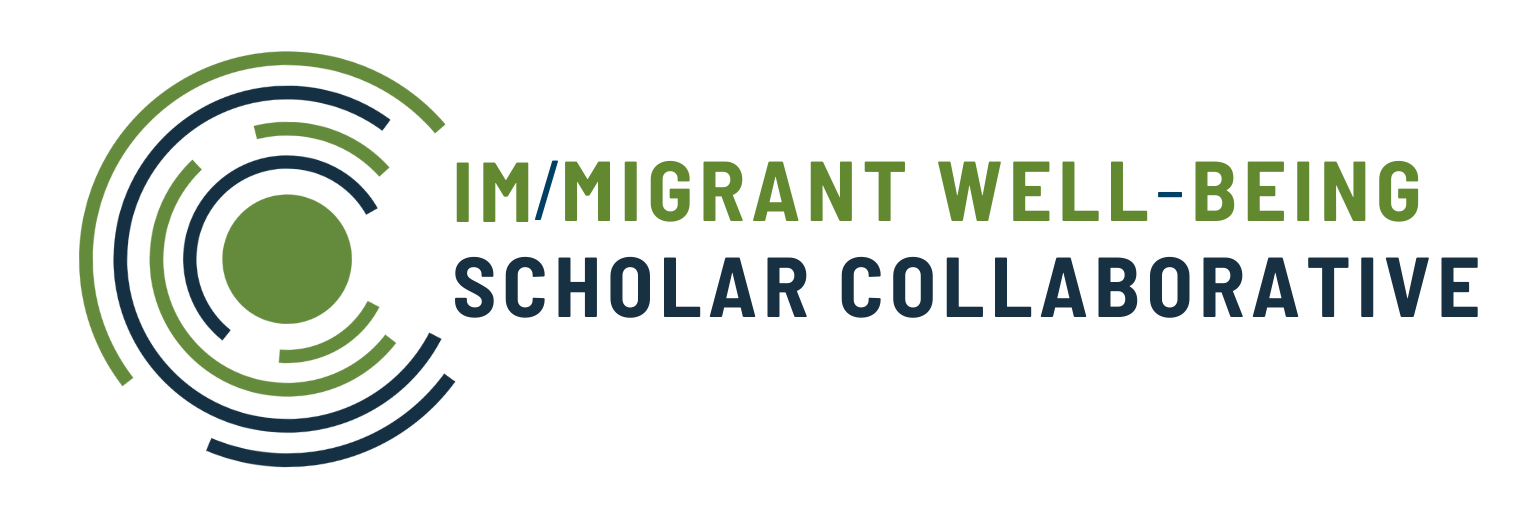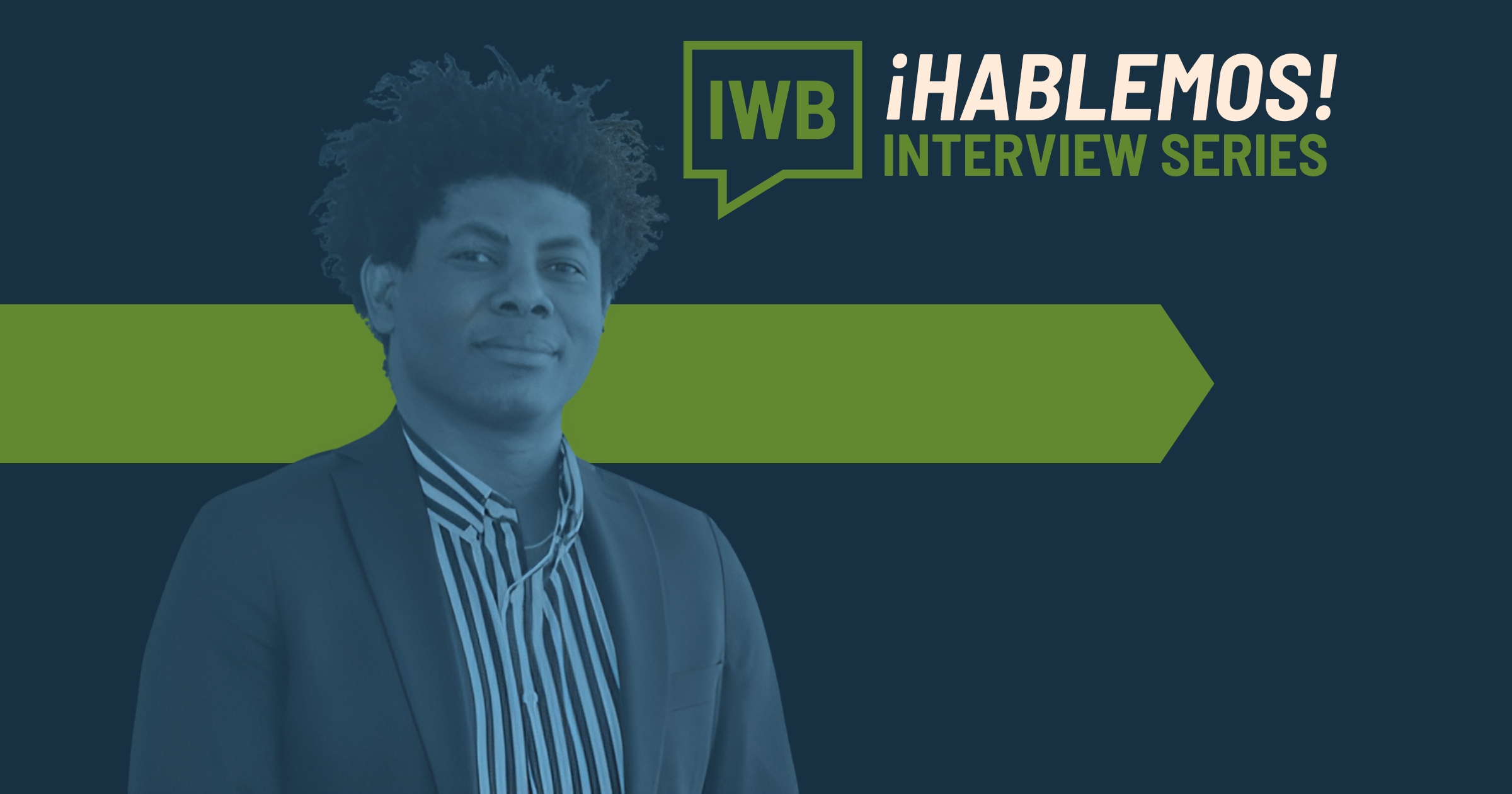“The students were screaming, ‘Bonjou, koman ou ye?!’ It was mind-blowing,” said Websder Corneille, a Haitian linguist and an incoming adjunct lecturer of Haitian Creole, Culture, and Society at the Center for Latin American and Caribbean Studies (CLACS) at Indiana University Bloomington. He found that interacting with students and parents in his native Haitian Creole at Promise Prep Elementary School, where he began as an ESL interventionist, created a special connection. Now, Corneille is eager to continue sharing his culture, starting with a simple greeting: “Bonjou, koman ou ye?”
As he transitions to his role at Indiana University Bloomington, his mission remains the same. He co-hosts a virtual Creole Conversation Club with Junior Mesamours at 5pm on Fridays, open to the public. Corneille believes that language learning can’t be confined to a traditional lecture format; it flourishes in a room where students are actively engaged in conversation. He encourages his students to attend the club to break down barriers to learning, practice their skills, and fully immerse themselves in the language.
“I don’t care if you say three words in the minute, but you have one minute to create a story,” said Corneille. “What is more important about learning a language is speaking and listening. Some people, like my mom, don’t know how to read or write but they can speak and listen.”
Indeed, his interest in linguistics was sparked at an open-air market in his small Haitian town, Port-de-Paix. While selling goods with his mother, who had a deep understanding of communication despite not being able to read or write, he became fascinated with language. Initially, Corneille, who planned to migrate from Haiti to Canada, had no plans to move to Indianapolis. He frequently visited family in New York and Florida, but the Midwestern city was never on his radar. His wife Elizabeth Corneille, a former student at Indiana University Indianapolis, convinced him to give the Hoosier City a chance, and they eventually made it their home.
In preparing for this interview, I explored why Indianapolis has become a new home for Haitian refugees and migrants. The population has grown from a few hundred in 2008 to an estimated 25,000 in 2024. The promise of jobs and stability, along with the current political crisis in Haiti, has made Indianapolis an attractive destination. During our conversation, Corneille mentioned that when he first arrived, he struggled to find his community, knowing only his wife and a few friends. Now, he is committed to building connections and fostering cultural understanding in his new home through his Haitian Creole Language and Culture Program.
As we wrapped up our conversation, Corneille shared the essence of his mission in a few simple words: “using the power of bilingualism and culture to foster community.”
Marko Sanchez serves as the Communications Intern at the Im/migrant Well-Being Scholar Collaborative. They assist in creating public-facing communications and content such as social media posts, website blogs, and press releases.
Thank you for reading IWB ¡Hablemos!, a brand-new interview series that explores the multifaceted nature of immigration studies, advocacy, partnership, and more. Interested in being featured? Email us at admin@iwbcollab.org.

